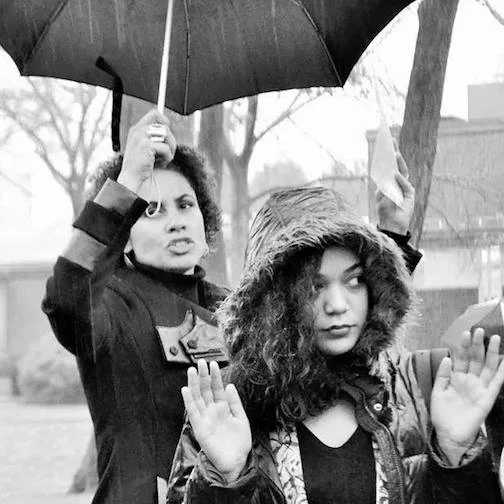Teaching Philosophy
To my mind, teaching has at its heart three primary goals: 1) promoting the value — and joy — in learning for learning’s sake; 2) encouraging students to set and achieve personal goals on their way to achieving those set by any curriculum; and 3) developing students’ capacity for and desire to approach problems in and out of the classroom with a critical mind.
In teaching, my principal objective is to create inclusive learning experiences that do no harm. I am certain I fall short at times, but this goal ensures I continually strive for a classroom dynamic that nourishes my students’ education and, ideally, their empathy.
As a teacher of history, I pursue additional objectives beyond educating students in historical methods.
I work to dispel the notion many undergraduates carry forth from high school of history as “a thing of the past.” Through classroom exercises, discussions, and lectures, I present history as a constitutive force shaping present circumstances, and historical study as useful to understanding and negotiating these circumstances.
I aim to upset students’ thinking about certain topics as quickly as possible, because my experience tells me that the resulting fissures allow for new thought. The goal is not to dismiss or replace students’ ideas or beliefs, but to encourage them to interrogate what they know, what they think.
I push my students to regard studying history as more than a means to knowing more about the past, or to becoming more “enlightened” and “tolerant.” That said, I believe it is difficult to be a good, careful historian and a sloppy thinker, vulnerable to ideas and prejudices that cause harm in the academy and elsewhere.
I encourage students to view the study of different ideologies, customs, and lifestyles that is inherent to historical study as the path to becoming more flexible, stronger thinkers capable of analyzing their circumstances and affecting changes they deem necessary.
I believe a fundamental function of any history course should be to teach students about history as a discipline and profession. As an undergraduate, I received no education about history as a field of study. I graduated completely ignorant about the disciplinary uniqueness and applications of historical study and the career possibilities, which delayed my entry into the field by years. Because of my experience, I work hard not to assume what students do and do not know, or to question the knowledge they came with — that’s their job.
